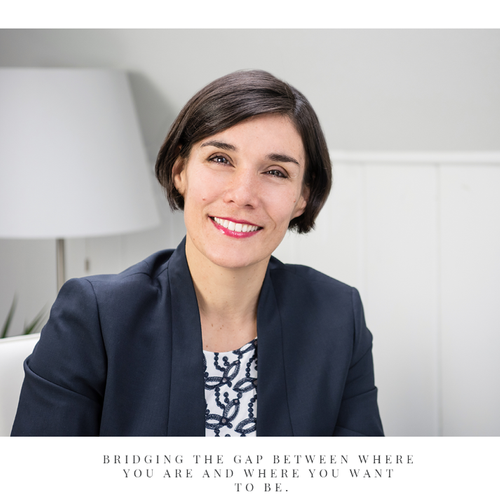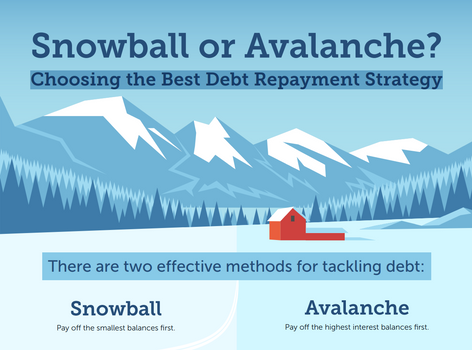August is National Wellness Month, a time for us to focus on ourselves, manage our stress, and perpetuate healthy routines. And one of the most important financial journeys we can take is the path to financial wellness.
Building financial security and independence, while important, makes up only one slice of the financial wellness pie. Financial wellness also incorporates how wealth and income affect our emotional and physical well-being.
The journey to financial wellness is far different from becoming wealthy. Achieving financial health cannot be done in a vacuum – it also requires developing a degree of emotional and physical wellness.
Searching for one inherently will expand to a search for all three. And since it's not a journey with a final destination, it's one that relatively few people choose to make.














